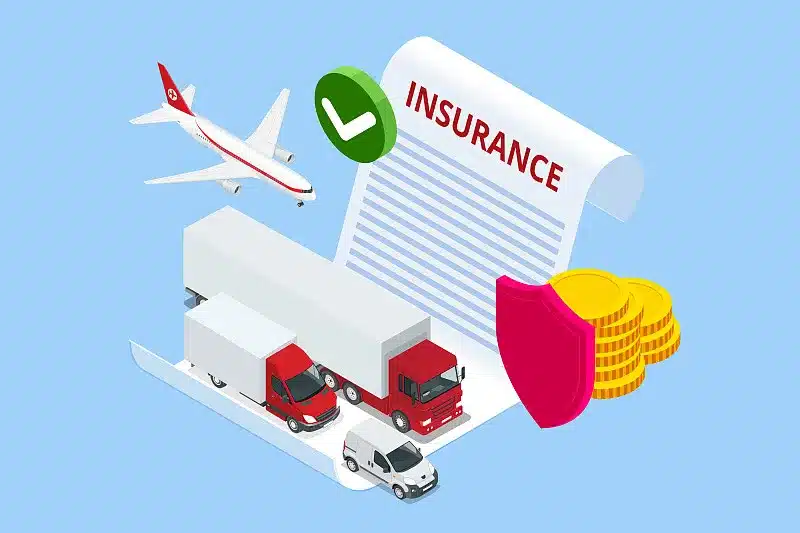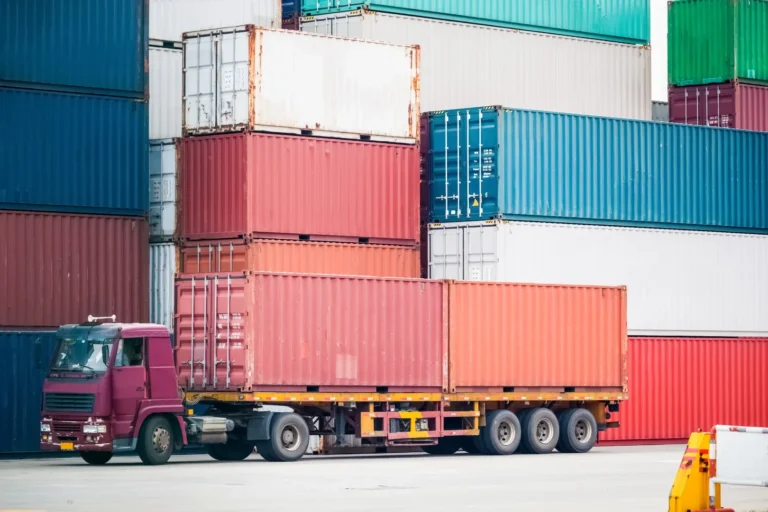Shipping goods can be risky. Accidents, weather, theft, and even mishandling can lead to big losses. That’s why freight shipping insurance is so important for shippers. It protects your cargo and gives you peace of mind. Whether you’re moving freight across the country or across states, having the right coverage can save you time, money, and stress.
In this guide, we’ll explain what primary freight shipping insurance is, the different types of coverage, key terms you should know, and how freight brokerage companies like Torro Freight can help you ship smarter.
What Is Freight Shipping Insurance?
Freight shipping insurance protects your goods while they’re being transported. If something goes wrong like damage, theft, or loss the insurance helps pay for the loss. While many people think freight carriers are always responsible, that’s not the full story.
In fact, most freight carriers have limited liability. That means they may only pay a small amount per pound, even if the item is worth much more. That’s why many shippers choose to get full coverage insurance beyond just what the carrier provides.
Also Read: https://torrofreight.com/key-economic-indicators-for-freight-market-recovery/
Types of Freight Shipping Insurance
1. Carrier Liability Coverage
This is not full insurance. Instead, it’s the limited protection offered by the carrier. It often depends on the weight of the item and doesn’t cover all risks. If your high-value cargo is damaged, you might only get a fraction of the cost back.
2. All-Risk Coverage
This is the most complete protection you can get. It covers most types of damage or loss. If your cargo is important or high-value, this is usually the best choice. It’s commonly used in intermodal transportation where goods travel by truck, train, or ship.
3. Declared Value Coverage
With this option, you declare the value of your cargo ahead of time. If something happens, the insurance payout is based on that amount. It offers more than carrier liability but not as much as all-risk.
4. Contingent Cargo Insurance
This is often offered by freight brokerage companies. It acts as a backup plan if the primary policy doesn’t cover the damage. It’s a great risk management tool, especially when working with multiple freight carriers.
Key Insurance Terms You Should Know
Before buying insurance, it’s good to know these terms:
- Insurance Policy – A written agreement between you and the insurance provider.
- Underwriter – The person or company that decides the risk and cost of your policy.
- Claim Adjuster – Reviews the damage and decides how much you’ll be paid.
- Carrier Liability – The amount a carrier is legally responsible for.
- Insurable Interest – You must own the goods or stand to lose money if they’re damaged.
- Loss Mitigation – Steps taken to prevent further loss after an incident.
How Freight Brokerage Services Help
A trusted freight brokerage company like Torro Freight can help you navigate the world of freight insurance. Brokers act as the bridge between shippers and carriers. They work with multiple insurance providers to find you the best coverage at the best price.
They also understand the risks across the logistics chain and can help you decide between all-risk, declared value, or contingent cargo insurance. Plus, if you ever need to file a claim, your broker can assist you through the process, working directly with the claim adjuster and carrier on your behalf.
Working with a broker also gives you access to 3PL (Third-Party Logistics) services, smart routing, and even a Transportation Management System (TMS) to track and manage your shipments more easily.
Best Practices for Shippers
To protect your cargo and your business, follow these tips:
- Don’t rely only on carrier liability. It’s often not enough.
- Know your shipment’s value and choose the right insurance accordingly.
- Use a TMS to track goods in real-time and stay ahead of delays.
- Work with a freight broker like Torro Freight for expert guidance.
- Document everything photos, receipts, and packing lists help if you need to file a claim.
- Ask questions about exclusions and what each policy covers.
Conclusion
Freight shipping is full of moving parts, and things can go wrong. But with the right insurance in place, you can ship with confidence. Primary freight shipping insurance protects your cargo from damage and loss, while freight brokerage services help you find the best coverage for your needs.
At Torro Freight, we’re more than just a freight brokerage company we’re your shipping partner. We help you manage risk, simplify insurance, and keep your supply chain moving.
Ready to ship smarter and safer? Contact Torro Freight today and get covered before your next shipment hits the road.




